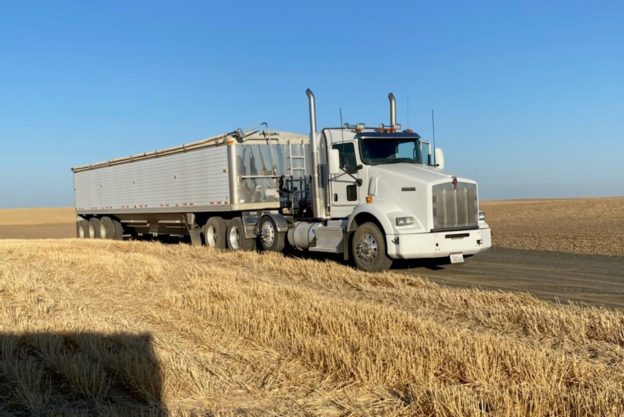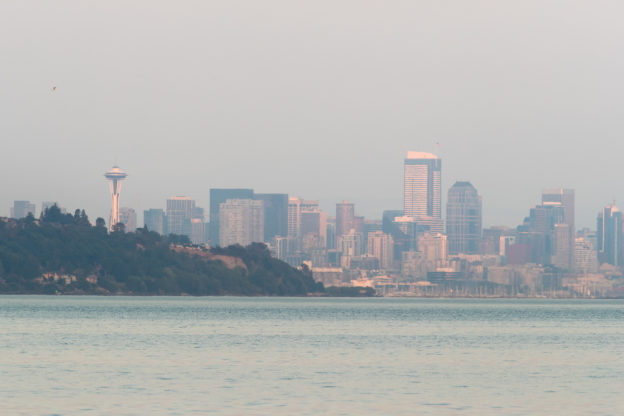When the Climate Commitment Act was passed by majority Democrats in 2021, creating a “cap-and-tax” program for greenhouse gas emissions that is expected to significantly raise fuel prices, the measure included an exemption for farmers and other groups from paying the surcharge created by the program.
But since the law was implemented by the state Department of Ecology on Jan. 1 of this year, the expected exemption for farm diesel and fuel used by the maritime industry has not taken effect, angering farmers and others who expect to benefit from it.
A pair of eastern Washington Republican senators is sponsoring a bill that aims to fix the problem.
Senate Bill 5728 would develop a process to implement exemptions for farm diesel and other certain fuels under the “cap-and-tax” program. It has been sent to the Senate Environment, Energy and Technology Committee. No public hearing has been scheduled.
“When the Climate Commitment Act was being drafted, we were told famers would receive an exemption and not pay higher fuel taxes. That did not happen,” said the bill’s prime sponsor, 16th District Sen. Perry Dozier, R-Waitsburg. “The Department of Ecology should be responsible for finding a solution to ensure that farmers and the maritime industry are not burdened with the higher fuel costs as a result of the cap-and-tax legislation.”
“After I learned that the farm-fuel exemption had not been implemented, I asked the Department of Ecology why,” said 9th District Sen. Mark Schoesler, R-Ritzville. “DOE officials have blamed “Big Oil” for the lack of an exemption so far. They also say this exemption will be extended this summer, apparently forgetting that farm work goes on well before summer. The exemption on fuel for the agriculture and maritime industries needs to take effect now, not months from now.”
Under the proposal, DOE and the Department of Revenue must create a method to determine the additional amount paid by an end user of exempt fuel, such as a farmer, due to a fuel supplier’s compliance obligation. Compensation to an end user must be paid no later than 14 days after DOE receives an application for reimbursement.












